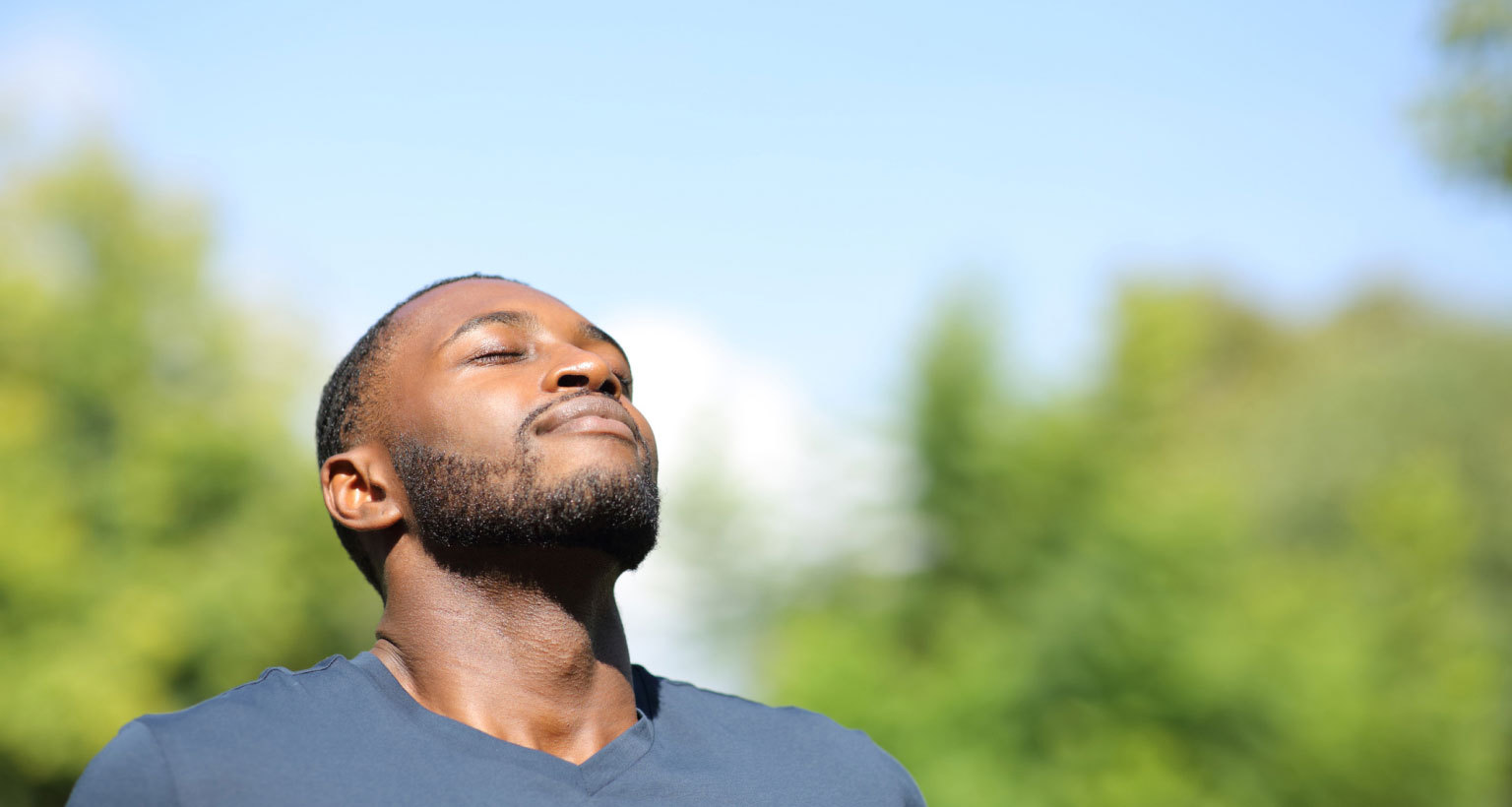The link between nature and mental health

Unplug from the digital realm and into the physical for a healthier state of mind
Since the start of the COVID-19 pandemic, the average amount of daily screen time for adults has increased from 11 hours per day to 19 hours per day. With countless people depending on their devices through the pandemic to access the latest news, entertainment, and social connections, technology became an everyday essential.
And now, even after eliminating the strict lockdown and masking regulations, technology dependency still shows no signs of slowing down. Nearly 30 percent of adults reported they are online “almost constantly.” Society has adjusted to make space for standardizing remote work, virtual doctor visits, curbside pickup, and much more.
Although there are clear benefits to digitization, the constant intake of online content and screen exposure can have various consequences on physical and mental health. Increased screen time can lead to insomnia or poor sleep quality, as well as eye strain, headaches, reduced physical activity, and musculoskeletal pain. In terms of mental health impacts, studies have shown overuse of technology can lead to addictive behavior, depression, and anxiety.
The top ways to plug into nature and improve mental health
To combat the negative health effects associated with high screen use, experts recommend replacing at least two hours of screen time per day with physical activities. And given the strong connection between nature and mental health, anything outdoors is a welcomed option. Overall, immersing in nature and greenspaces have been proven to have tremendous benefits to our health and well-being.
For years, researchers have studied the link between nature and mental health, finding it improves mood, attention, stress, and risk of psychiatric disorders. Some of the best ways to boost the positive relationship between nature and mental health are:
- Connecting all your senses with nature. This means listening to the birdsongs around you or the rustle of a breeze, watching the way clouds move across the sky, or literally stopping and smelling the roses.
- Mix in some creativity, whether that be writing, drawing, or taking pictures of what you see outside to help increase that connection.
- Exercise outside, whether that be taking a short walk or going for a run. This movement can also increase your exposure to different types of nature, whether you head to the woods or the water.
- Bring nature to you by planting your own garden, getting a bird feeder, or watching films or shows about the outdoors.
Inequitable access to parks and greenspaces
Between the evidence-based research and the recent pandemic, it has become overwhelmingly clear that not all have access to safe and robust outdoor spaces – which creates a disadvantage for certain communities in optimizing mental health.
In a recent study, researchers took an in-depth look at how walking in nature versus an urban setting impacts the brain. They found decreased activity in the part of the brain associated with depression for those who walked in nature for 90 minutes as opposed to those who walked in a high-traffic urban area.
These findings coincided with the trend of increased mental health disorders, such as depression, for city dwellers. These residents have a 20 percent higher risk of anxiety disorders and a 40 percent higher risk of mood disorders compared to those who live in rural areas. Those born and raised in cities are also twice as likely to develop schizophrenia. This is likely the result of your body constantly being in a fight-or-flight response due to the stressful environment.
With more than half of the population living in an urban setting (and that number is expected to grow in the coming years), this only further highlights the need to include green spaces and recreational areas in modern planning. Fortunately, some legislative actions are already taking place to improve recreational areas, one being from the Biden-Harris administration. This past summer, they announced an effort to create more safe, affordable, and equitable access to outdoor spaces across the nation. The Federal Interagency Council on Outdoor Recreation (FICOR) set its focus on improving access to nature, expanding opportunities for outdoor recreation, and creating an improved, more affordable experience at public lands and water.
Support public health solutions
Here at idea hub, we connect organizations and businesses with the world’s largest research team at the Boston University School of Public Health focused on climate and public health solutions. If you’re interested in learning more, you can download our free program overview or explore our collaboration opportunities.



